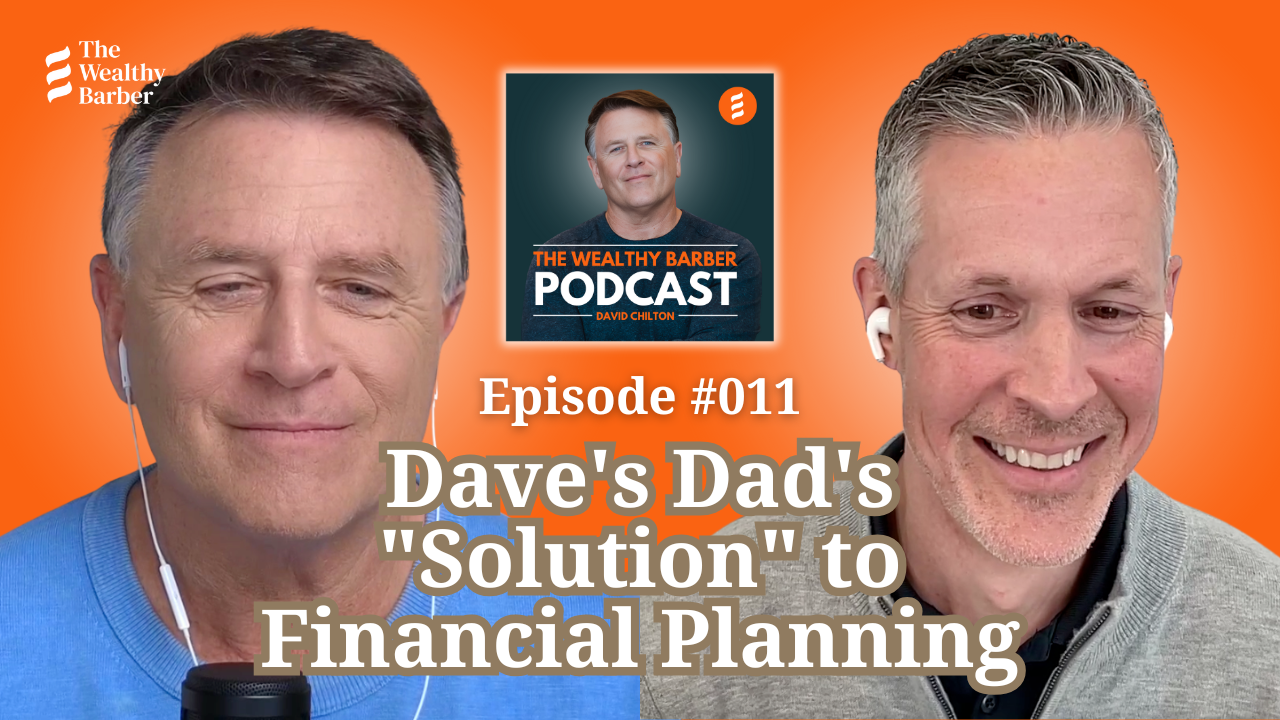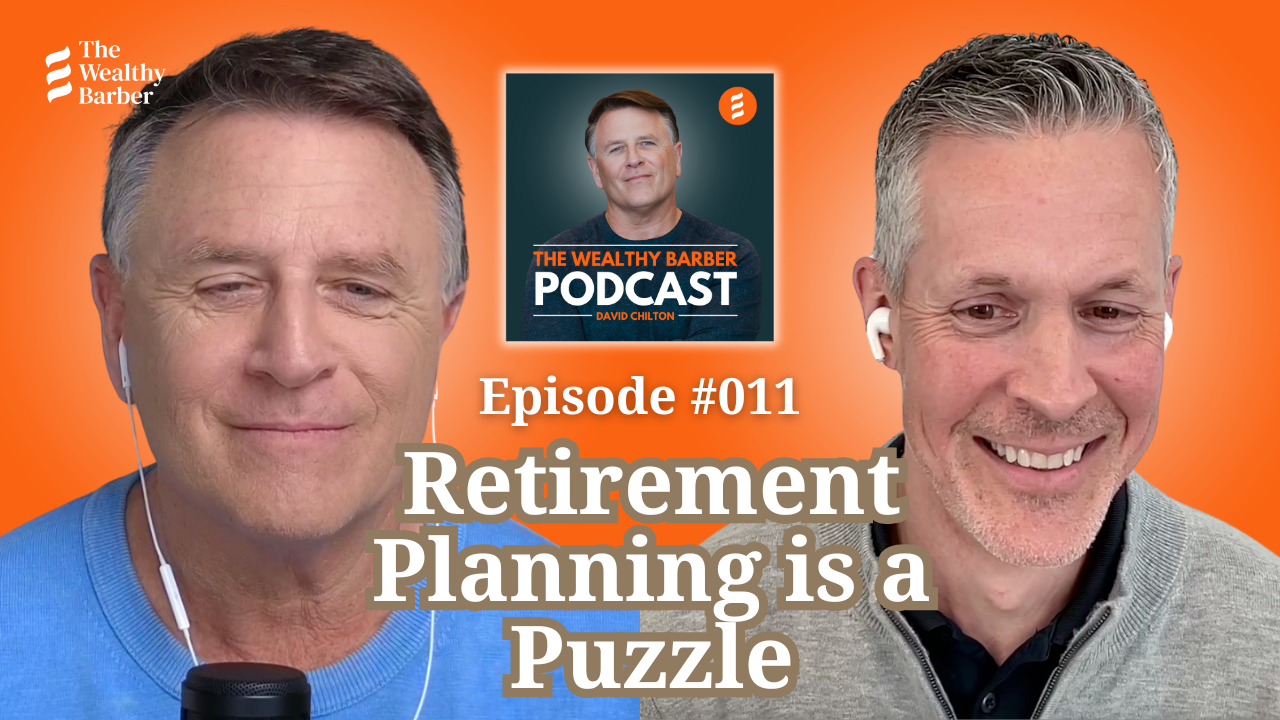You Just Retired…Now What?
In our conversation with Robb Engen, we explore a key challenge of retirement: You’ve saved for it, but have you planned for what you’ll actually do every day?
💈💈💈
The other thing too, Dave, it’s not financial, but like, uh, and especially on the male side, I see this as like your whole, your whole, uh, personality and identity was wrapped up in your job. And so what are you going to do and literally what are you going to do in retirement? And if you haven’t thought about this, uh, you’re going to have a pretty miserable time.
I’ve had some friends really battle it. I mean, they define themselves by their job. To your point, the research supports exactly what you said. It’s more males that tend to have the trouble adjusting to retirement on that front, and especially in the winter. If they’re not going south, they’re not able to play golf and get out, they’re really scuffling, and how do they rebuild an identity?
Now, a number of them have done a very good job of going back into the workforce in a part time way. It’s given them a little income, but it’s given them a reason to be, a way to add value, a way to stay involved in the community. In fact, sometimes it’s community work. It’s not even for a monetary compensation. I think that more people should look into that, especially with so many people retiring relatively young.
Yeah, I’m a big fan of that and I do a lot of plans for people where I show them like here, here’s what your plan looks like if you never work another day after, you know, maybe age 58 or 60. Um, but then let’s look at how realistic that is, right? Maybe you want to for, not for financial reasons, right? Cause we’ve already shown you that you can do it, uh, without earning another dime, but now for lifestyle, socialization, sense of purpose, all those things come to mind, uh, it helps you transition. Right. You don’t go from full stop or full-time work to full, full-time leisure mode. You, you know, ease into it and work a couple days a week, uh, whether for money or, or in the community, uh, doing community service. I think it’s a, it’s a wonderful way to kind of bridge that, that gap.
This isn’t a very deep observation, but when you look at people who have transitioned well, a lot of them are hobbyist oriented people. They have a lot of hobbies. People like my father loves to read, loves to play tennis, loves to play bridge, loves a lot of inexpensive hobbies, so it’s great. He doesn’t have to put a lot of money, but he’s getting tremendous joy, but he’s also getting social connection.
And that enabled him to transition relatively well. I think the community involvement one is a big one, and boy, am I ever seeing a lot of that. I live in Kitchener, Waterloo, and I go back and forth to Sarnia, and in both communities, a tremendous number of retired people have found ways to give back. And so again, they’re excited about the fact they’re adding value.
They’re getting that socialization, whatever environment they’re placing themselves in. They’re staying busy. It hasn’t been as difficult to transition mentally. I think it’s all positive. Every perspective, it works well.
Feel Confident About Your Finances
Sign up for our Weekly Round-Up of new videos and podcasts released over the past seven days. We won’t spam you or try to sell you a course—promise!



